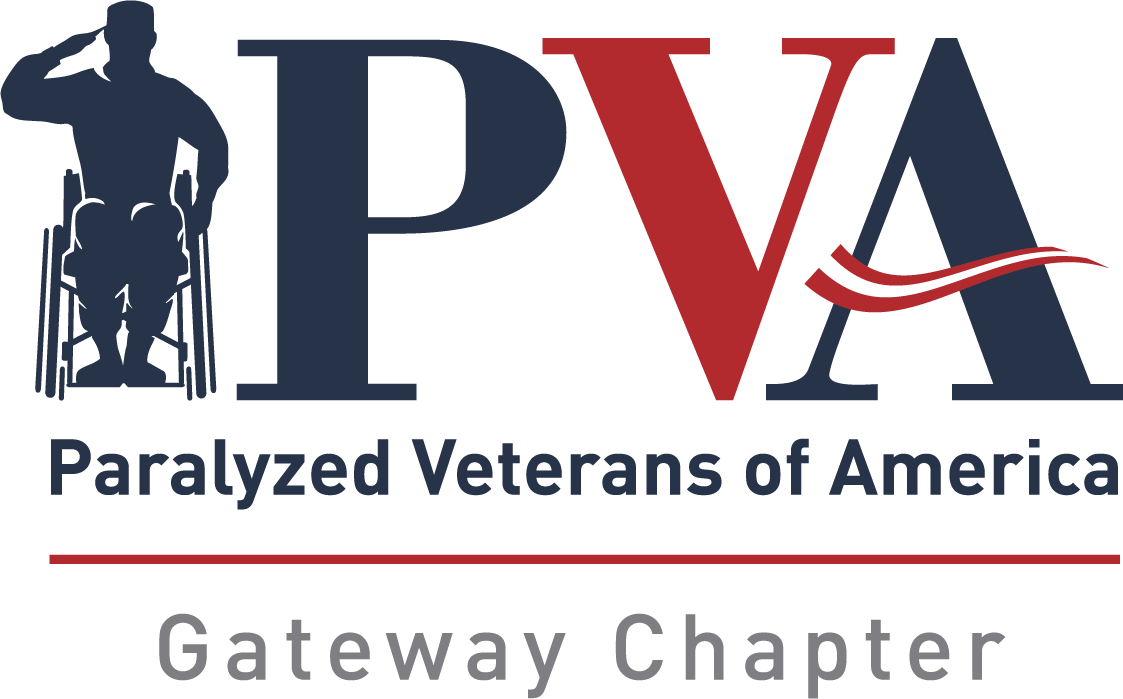by Rodney Harris, Senior Benefits Advocate
I am asked by many veterans and caregivers, what services will VA provide for care of a veteran that would like to stay in his/her own home? If a veteran is enrolled in VHA’s health care, they are eligible for a comprehensive array of medically necessary in home services as identified in the medical benefits package described under 38 CFR 17.38. VHA has shifted from an episodic treatment of illness, to a greater commitment to home and community based options for short and long term care. VHA is committed to the provisions of clinically appropriate home health care services as an important component of medical care. VHA has a long history of coordinating care across settings and payer sources to ensure health care continuity for veterans. Types of VHA purchased care include, Purchased Skilled Home Health Care (PSHC), Home and/or Home Health Aide (H/HHA), Respite Care and Palliative care (also known as Hospice).
The eligibility and determination of the need for home health services is done through a interdisciplinary assessment and the veteran is determined to have the following clinical conditions:
(a) Three or more ADL (activities of daily living) dependencies, or
(b) Significant cognitive impairment, or
(c) Require H/HHA services as adjunct care to community hospice services, or
(d) Two ADL dependencies, and two or more of the following conditions:
1. Has dependency in three or more IADLs (instrumental activities of daily living);
2. Has been recently discharged from a nursing facility, or has an upcoming nursing home discharge plan contingent on receipt of home and community-based care services;
3. Is seventy-five years old, or older;
4. Has had high use of medical services defined as three or more hospitalizations in the past year or has utilized outpatient clinics or emergency evaluation units twelve or more times in the past year;
5. Has been diagnosed with clinical depression;
6. Lives alone in the community.
When a veteran who does not strictly meet the preceding criteria and nevertheless is determined by the clinical care team to need H/HHA services, the services may be ordered, but the reason for the variance from these standards must be documented in the patient’s record. This interdisciplinary team must complete an appropriate assessment and VA Form 10-0415, Geriatrics and Extended Care (GEC) Referral. This determination of need must be completed before a veteran is referred for service. The receipt of Aid and Attendance (A&A) is not to be considered when placing veterans into home health care services.
Another question then arises “What are the costs for these programs and who pays?” Remember home health care is a covered benefit for all enrolled veterans, on par with all other medical services included in the medical benefits package. A veteran who is dually eligible for both VA care and Medicare may elect to have home care services paid for under the Medicare benefit. Veterans who choose Medicare retain their eligibility for VA care and benefits. Veterans should to be notified that VA has no authority to pay for any balances or co-payments that may be due after Medicare or any other non-VA source makes payment for care. The total monthly VHA cost of an individual veteran’s home and community-based care services, to include skilled home health care, H/HHA services, community adult day health care, and non-institutional respite services, should not exceed 65 percent of the monthly cost per patient in the nearest VA Nursing Home Care Unit (VANHCU). Processes for purchasing home health care and hospice services must be jointly developed by Acquisition and Materiel Management Services (A&MMS) and appropriate clinical staff at each VISN or VA health care facility level.
The purchasing options ensure that a broad array of home and community-based care options are accessible to veterans, and that the veteran’s preference for specific resources is considered when facilitating referrals. All VA health care facilities must integrate into their overall quality management program a system of oversight and monitoring for VA-purchased home health care services. All veterans receiving VA-purchased home health care services have their need for service reviewed at least every six months for the first year of placement and annually thereafter.
Are there waiting lists for home health care services? In some VISNs within VHA “yes”, check with your local social worker. It is current VHA policy in utilizing an electronic waiting list (EWL) of veterans in need of home health care services when budget resources are not sufficient to meet all identified home health care needs of veterans. For eligible veterans who are determined to be in need of H/HHA, VA gives priority to veterans who are in receipt of, or are in need of, nursing home care primarily for the treatment of a service-connected disability, or who have a service-connected disability rated at 50 percent or more. A waiting list process for hospice care services is not to be utilized, as VA must provide or purchase needed hospice services without delay.
So, if you are in need of home health care services and are enrolled in the VHA system of care, speak with your primary care team. They will determine your needs and get the process started, to keep you in your home or community, close to your family and friends, to get the support you need to achieve your health care goals. Your local NSO or SBA can also give you insight into these programs provided by the VA.
